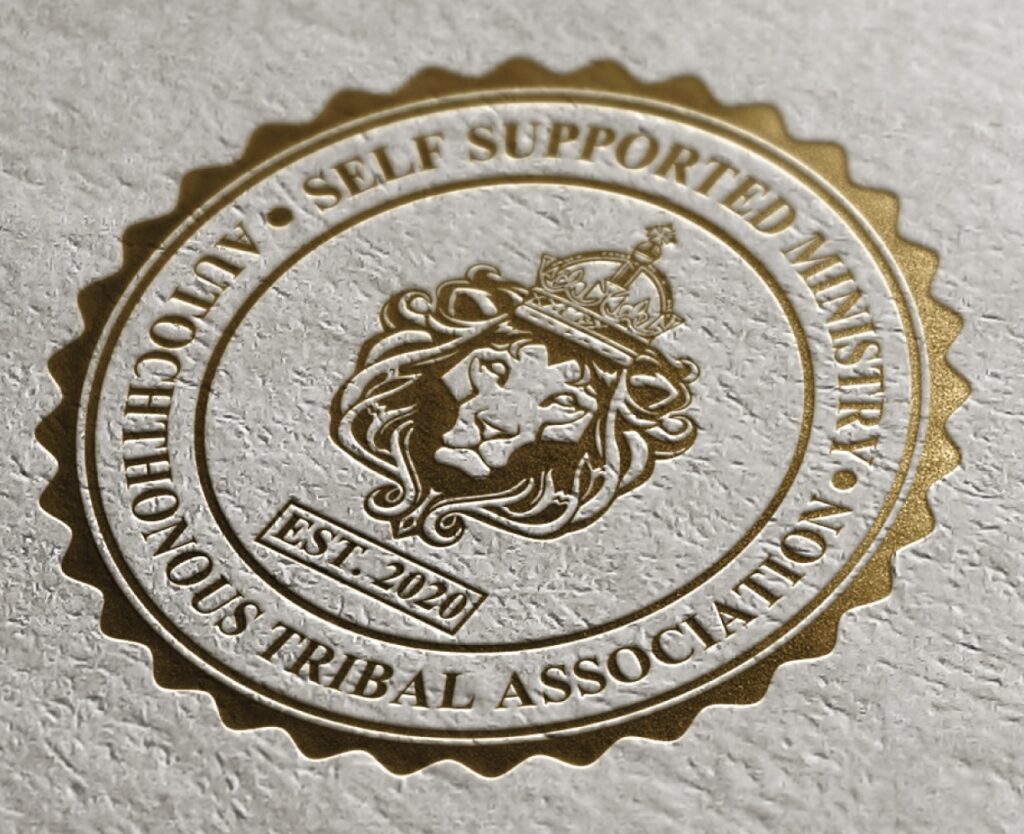Break Free From
The Chains of the IRS
THE 501(c)(3) vs. THE SELF SUPPORTED MINISTRY

From our sacred circle to yours, we extend hands of fellowship and hearts of purpose
Dear Kindred Spirit,
As the ancient ones gathered around fires to share wisdom and strengthen community bonds, so too do we gather in this modern age—with hearts aligned to the rhythms that have guided Indigenous peoples since time immemorial. We welcome you to the circle of Self-Supported Ministry, where the heartbeat of tribal wisdom meets the call of spiritual service.
Our Sacred Journey
We walk a path illuminated by both ancestral knowledge and divine guidance. Like the eagle that soars between the physical and spiritual realms, our ministry bridges worlds—honoring the traditions of those who came before while embracing the calling to serve in today’s global community.
We are the caretakers of a vision that flows like the sacred waters across many lands—a vision where Indigenous wisdom is respected, preserved, and allowed to nourish the world once more. Our ministry stands as both shelter and seed—protecting ancient knowledge while planting possibilities for healing in communities across Mother Earth.
The Medicine Wheel of Our Purpose
Our mission forms a sacred wheel, with each direction offering essential medicine:
From the East comes the dawn of new understanding—we assist you in building your own ministry, honoring your unique calling to serve others.
From the South flows the warmth of connection—we foster health, welfare, and empowerment of Indigenous peoples globally through initiatives that respect the sacred bond between culture and wellbeing.
From the West comes reflection and wisdom—we collaborate with Indigenous communities, honoring their heritage while integrating appropriate technologies that sustain rather than deplete.
From the North comes clarity and guidance—we operate with transparency and accountability, deeply respecting both the environment and the cultural diversity of those we serve.
Walking Together
Your journey to this circle is no accident. Whether you seek to establish your own ministry or to support our collective work, you have been called to this gathering for a purpose. Your donations help us continue this sacred work—spreading our ministerial purpose one Self-Supported Ministry at a time.
As the great trees of the forest connect their roots beneath the soil, creating a network of strength and nourishment, so too are we connected in purpose. Together, we can ensure that the wisdom of Indigenous traditions continues to offer healing medicine to a world in great need.
May your path be blessed as we walk together in this sacred work.
In spiritual fellowship and tribal solidarity,
The Circle Keepers of Self-Supported Ministry / SelfSupportedMinistry.com
